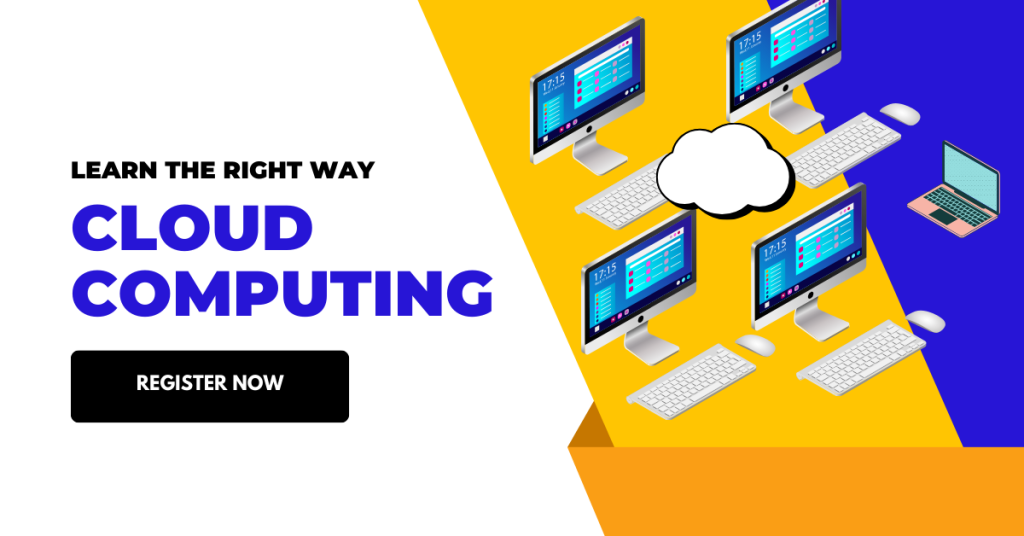Digital transformation cloud computing Uses
Introduction
In today’s digital world, cloud computing is a term we hear everywhere. But what exactly does it mean? Simply put, cloud computing is a way of storing and accessing data and programs over the internet instead of your computer’s hard drive. It allows you to use computing resources—like servers, storage, databases, networking, software—on demand, from anywhere, at any time.
Think of it like this: instead of buying a DVD to watch a movie, you now stream it on platforms like Netflix. Similarly, instead of installing software or storing files on your computer, you can access everything through the cloud.
Key Features of Cloud Computing
- On-Demand Self-Service: Users can get resources like storage and computing power without human help.
- Broad Network Access: Services are available over the internet and accessible from devices like laptops, phones, or tablets.
- Resource Pooling: Resources are shared among users using a multi-tenant model.
- Rapid Elasticity: Resources can scale up or down as needed.
- Measured Service: You pay only for what you use, like electricity or water.

Types of Cloud Services (Service Models)
- IaaS (Infrastructure as a Service): Basic building blocks like virtual machines, storage, and networks. Example: Amazon EC2, Microsoft Azure.
- PaaS (Platform as a Service): Tools for developers to build and deploy apps. Example: Google App Engine, Microsoft Azure App Services.
- SaaS (Software as a Service): Software available via internet subscription. Example: Google Workspace, Microsoft Office 365, Dropbox.
Types of Cloud Deployment Models
- Public Cloud: Services offered to everyone over the internet (e.g., AWS, Azure).
- Private Cloud: Used by one organization, offering more control and privacy.
- Hybrid Cloud: A mix of public and private clouds.
- Community Cloud: Shared among organizations with similar needs.

Common Uses of Cloud Computing Today
- Data Storage and Backup
- Website Hosting
- Streaming Services (video, music)
- Software Development and Testing
- Running Business Applications (CRM, ERP)
- Email and Collaboration Tools
- Machine Learning and Big Data Analysis
Future Uses of Cloud Computing (Smart automation)
1. Artificial Intelligence and Machine Learning
Cloud platforms are already supporting AI models, but in the future, we will see more advanced applications. For example, AI-powered customer service bots and predictive analytics will become more accessible to small businesses through the cloud.
2. Edge Computing Integration
To support IoT devices and reduce latency, cloud services will work closely with edge computing. This means faster response times for things like autonomous vehicles, smart cities, and remote healthcare.
3. Quantum Computing as a Cloud Service
Quantum computers are powerful but expensive. Cloud-based quantum computing will allow scientists and researchers to access quantum processors online for tasks like drug discovery, weather forecasting, and cryptography.
4. Cloud Gaming
The future of gaming is in the cloud. Services like NVIDIA GeForce NOW and Xbox Cloud Gaming will grow, removing the need for high-end consoles and allowing people to play high-quality games on any device.
5. Personal Cloud Services
People will store their personal data like health records, education certificates, and financial info on personal cloud vaults. These will be secure and accessible from anywhere.
6. Serverless Architecture
Instead of worrying about the server, developers will just write code and let the cloud provider manage everything else. This will make app development faster and cheaper.
7. Multi-Cloud and Cloud Interoperability
Businesses will not rely on just one provider. They will use services from multiple cloud platforms and expect them to work together smoothly.
Benefits of Cloud Computing
- Cost Efficiency
- High Availability
- Scalability
- Flexibility
- Business Continuity
- Better Collaboration

Challenges in Cloud Computing
- Data Security and Privacy
- Downtime and Reliability Issues
- Vendor Lock-in
- Regulatory Compliance
- Cost Management
- What Is Cloud Computing ? | GeeksforGeeks
Conclusion

Cloud computing is not just a trend; it is the future of how we store, access, and process information. As technology continues to grow, the cloud will become even more important in our daily lives and businesses. From personal storage to advanced scientific research, cloud computing is changing the way the world works.
Whether you’re a student, a business owner, or someone exploring IT as a career, learning cloud computing today can open doors to endless opportunities in the future.
